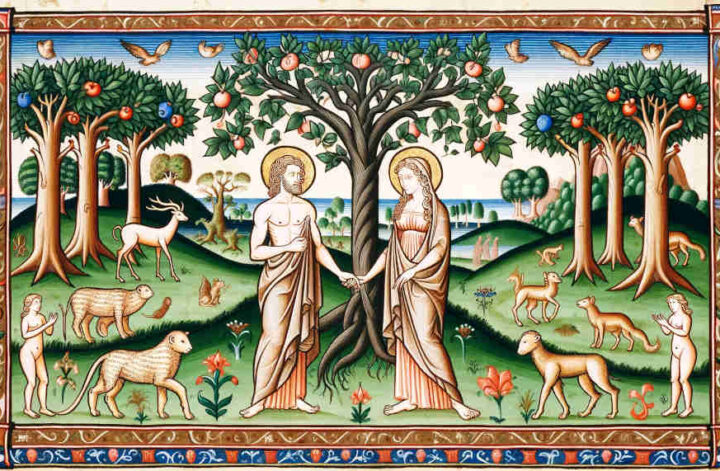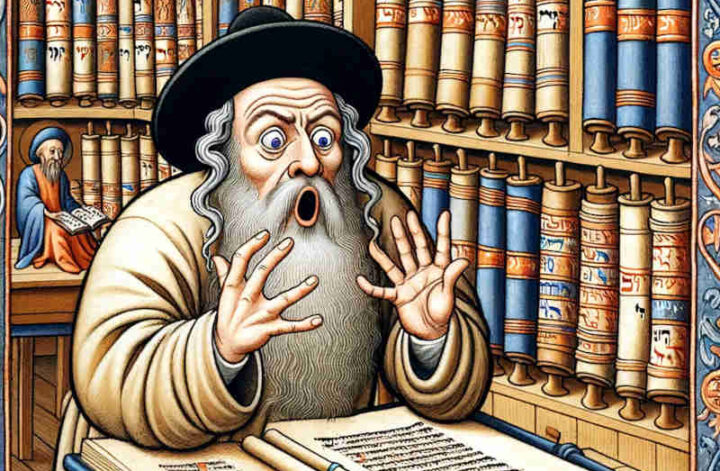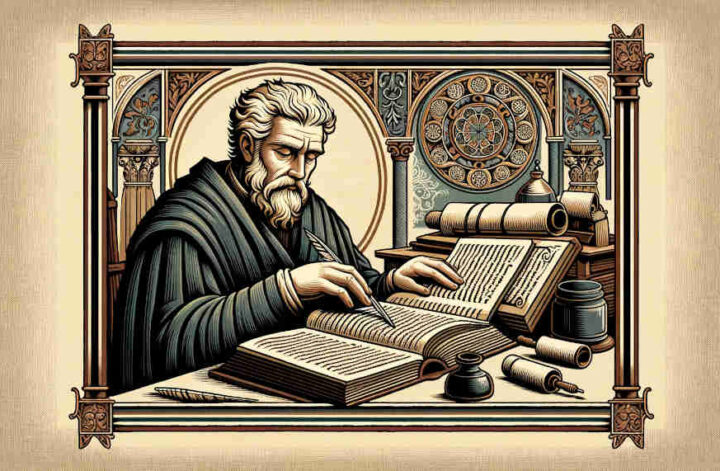Email from John Ramirez: “Dear Rabbi Joshua, I’ve been grappling with a question that’s shaking my faith. In the Genesis chapter of the Bible, God tests Adam and Eve to see if they are loyal to Him. But what confuses me is this: If God is all-knowing and understands the future, why would He need to test them at all? This question is troubling me deeply, and I’m seeking an answer that can help restore my faith.”
Response from Rabbi Joshua
Shalom, John. Your question is both profound and deeply important. It touches on fundamental aspects of our understanding of God, free will, and the purpose of life itself. Let us delve into this inquiry with the hope of finding clarity and strengthening your faith.
The Nature of God’s Omniscience
Firstly, it’s crucial to acknowledge that God’s omniscience—His all-knowing nature—is a central tenet in many religious beliefs, including Judaism and Christianity. This divine attribute implies that God knows everything that can be known: past, present, and future. However, understanding God’s omniscience requires us to think beyond the limits of human comprehension. In the Jewish tradition, this concept is encapsulated in the words of Isaiah (55:8-9), “For My thoughts are not your thoughts, neither are your ways My ways, declares the LORD.”
The Purpose of the Test in the Garden of Eden
The narrative of Adam and Eve in the Garden of Eden, as recounted in Bereshit (Genesis), is not merely a historical account but also a profound lesson in human free will and responsibility. The test with the Tree of Knowledge of Good and Evil was not for God to learn something He did not know. Rather, it was a means to grant Adam and Eve agency, making them active participants in their spiritual journey.
In Judaism, the concept of “Nisayon” (test) is often understood as an opportunity for growth. Rabbi Samson Raphael Hirsch, a noted Jewish philosopher, teaches that God’s tests are not trials to pass or fail but are challenges meant to elevate the individual. By giving Adam and Eve a commandment, God was providing them with the opportunity to exercise their free will, to choose obedience and alignment with Divine will, thereby growing spiritually.
Free Will and Divine Foreknowledge
The coexistence of God’s foreknowledge and human free will is a mystery that has been discussed by theologians and philosophers for centuries. Maimonides, a preeminent medieval Jewish philosopher, emphasizes that while God’s knowledge is perfect, it does not interfere with human free will. Our decisions are ours to make, even though God knows the outcome. This paradox is part of the infinite nature of God, which transcends human understanding.
In the context of Adam and Eve, the test allowed them to make a meaningful choice. It was this very act of choosing that defined their humanity and their relationship with God. The outcome, while known to God, was dependent on their exercise of free will, making the test a crucial part of their—and by extension, humanity’s—spiritual evolution.
Restoring Faith in the Midst of Questions
John, it’s natural to have questions and doubts. In fact, questioning is an integral part of faith. Our sages teach us that it’s through questioning that we grow in understanding and deepen our relationship with the Divine. Your journey towards resolving these doubts can lead to a more profound and mature faith.
I encourage you to continue exploring these deep questions. Study, pray, and seek guidance from learned teachers. Remember, the journey of faith is not always straight; it’s often a winding path that leads to greater insight and spiritual depth.
May your search for answers bring you closer to the truth and peace in your spiritual journey. B’hatzlacha (good luck) and Shalom.


